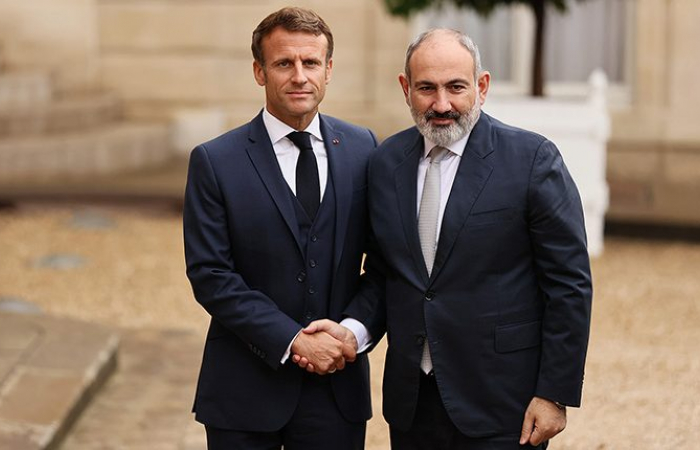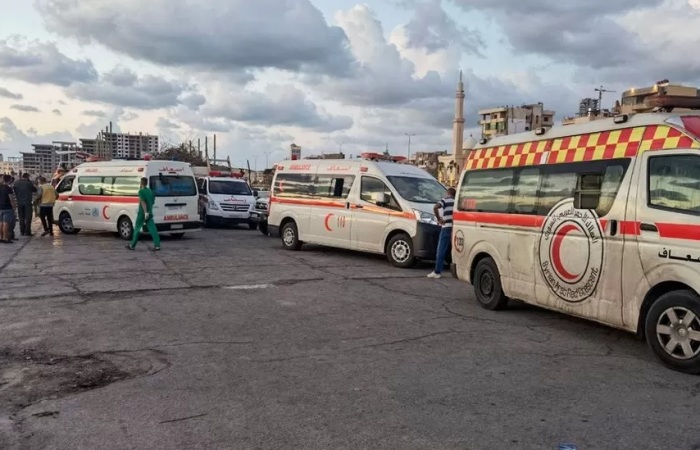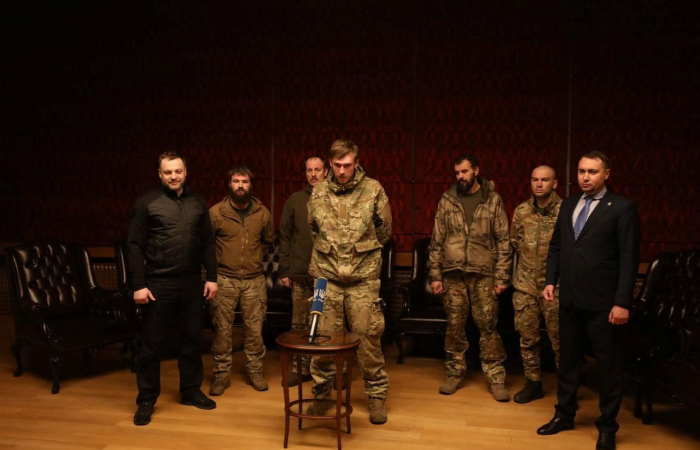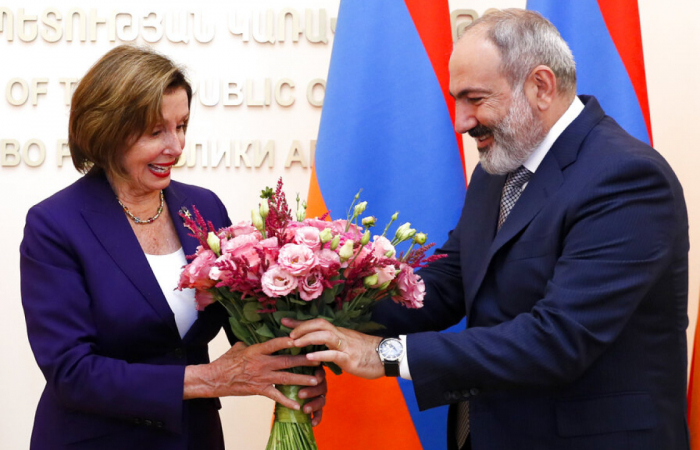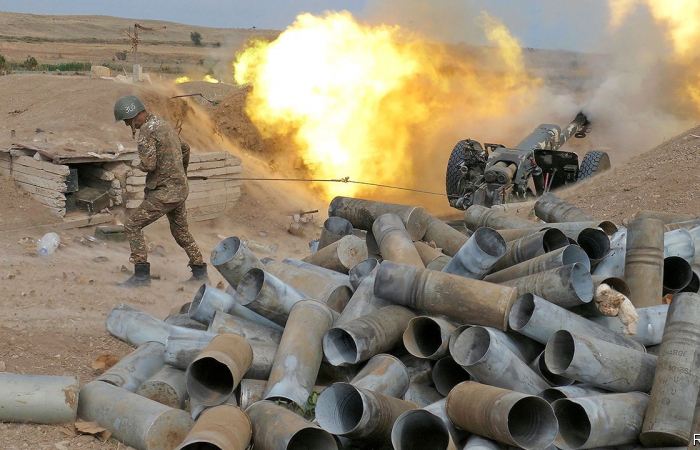Trending
Macron hosts Pashinyan at the Elysee to discuss situation in the South Caucasus
27 September 2022
French president. Emanuel Macron on Monday (26 September) hosted Armenian prime minister Nikol Pashinyan at the Elysee Palace to discuss the current situation in the South Caucasus, and particularly Armenian-Azerbaijani relations.
Macron described the situation following the recent armned clashes on 13-14 September as "critical". President Macron said France will do everything to pursue its goal, which is a stable, safe and prosperous South Caucasus."
Macron also discussed the issue of relations between Armenia and Turkey. "This is a difficult but very necessary process and you know that France is also committed to this issue. This process is very important for the region", he said.
In conclusion, Macron reiterated France's commitment to achieving peace and stability for Armenia and the entire region. "I welcome your sense of responsibility and your position to do everything to establish peace. I want your country to have calm and peaceful borders", Macron told Pashinyan in his opening remarks.



